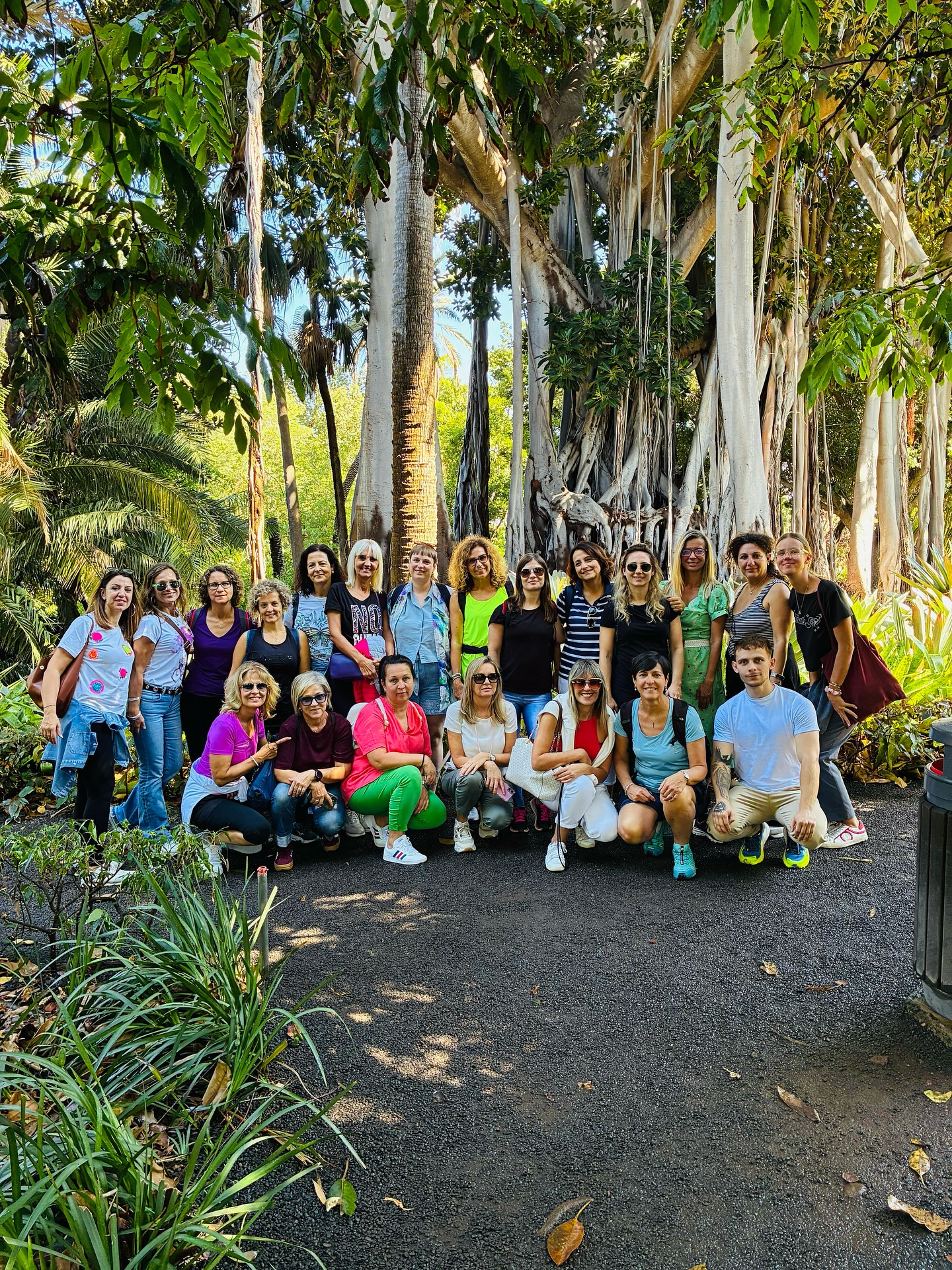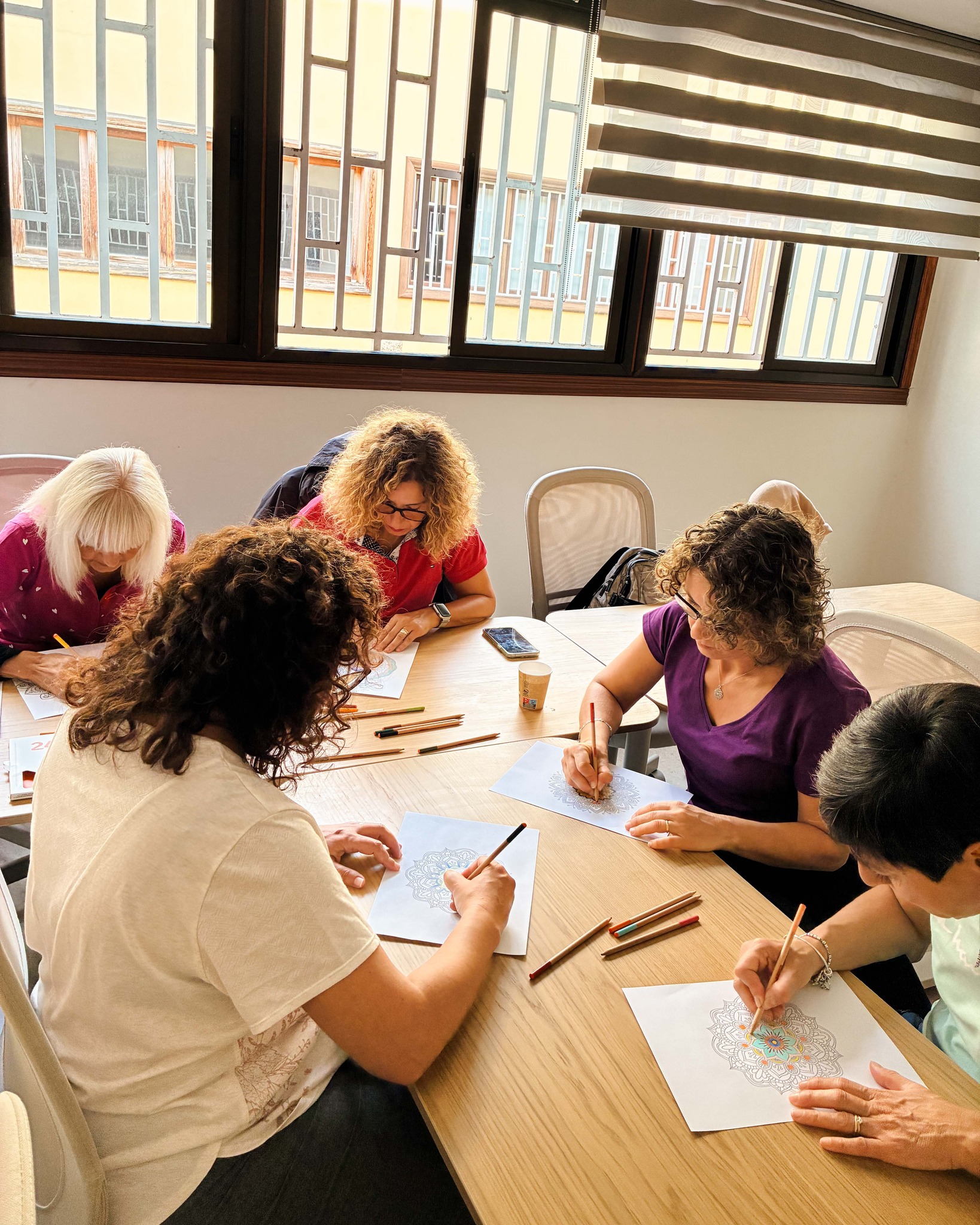The PERMA Model provides a practical framework for understanding the factors that contribute to human flourishing and wellbeing. Developed by the positive psychologist Martin Seligman and presented in his 2011 book Flourish, this model identifies five essential elements that support lasting happiness: Positive Emotion, Engagement, Relationships, Meaning, and Accomplishment.
Positive Emotion (P)
Positive emotions are fundamental to wellbeing. While constant happiness is unrealistic, experiencing positive feelings such as peace, gratitude, satisfaction, pleasure, inspiration, hope, curiosity, or love is essential. The key message of this element is the importance of enjoying the present moment while balancing the other aspects of PERMA.
If you notice a lack of positive emotions, it can be helpful to examine different areas of your life. Consider your career: are you able to use your talents and strengths? Identifying and being aware of your strengths, for example through a Personal SWOT Analysis, can be a useful step.
Additionally, recognize people, events, or activities that bring you pleasure. For instance, if you enjoy being outdoors but work in an office environment, small adjustments like bringing plants into your workspace can enhance daily satisfaction. The goal is to intentionally integrate sources of positive emotion into everyday life rather than postponing them indefinitely.
Engagement (E)
Engagement refers to the state of being fully absorbed in an activity, often described as flow, where time seems to stop and attention is completely focused on the present. This deep involvement promotes wellbeing and occurs when personal skills meet challenging activities. Engagement can be found in creative work, sports, hobbies, or any task that captures interest.
To increase engagement, minimizing distractions and improving concentration is essential. Focusing on projects that provide an appropriate challenge for one’s skills enhances the likelihood of entering a state of flow. Similarly, making time for personal interests or favorite activities ensures that engagement is maintained even outside work, supporting overall wellbeing.
Positive Relationships (R)
Humans are inherently social beings, and meaningful, supportive relationships are critical for wellbeing. Individuals with strong positive relationships tend to be happier than those without. These relationships can be with family, friends, colleagues, or community members.
It is important to reflect on whether you are dedicating sufficient time to strengthening these connections. Tools such as expressing gratitude, sharing positive experiences, and celebrating small achievements can reinforce bonds. Humour also plays a role in enhancing relationships by reducing stress, improving cognitive functions, and fostering creativity. Regular commitment to spend meaningful time with friends or family strengthens relationships, while recognizing that not all relationships can be changed is equally important.
Meaning (M)
Meaning arises from connecting to a cause larger than oneself. This may involve religious or spiritual beliefs, or activities that contribute to the well-being of others. A sense of meaning helps individuals feel that their life and work serve a purpose beyond personal gain.
Reflecting on one’s personal mission or engaging in activities such as volunteering, spending time with family, or acts of kindness can enhance this sense of purpose. The more an individual aligns with a broader cause, the stronger the contribution of meaning to overall wellbeing.
Accomplishment (A)
Accomplishment involves striving to achieve goals, master skills, or reach personal milestones. Pursuing achievements contributes to a sense of competence, satisfaction, and growth. Accomplishment is not only about external recognition but also about personal development and self-improvement. Recognizing progress and setting realistic goals reinforce self-efficacy and provide motivation for continued growth.
Conclusion
The PERMA Model offers a clear and practical approach to understanding human wellbeing. By nurturing positive emotions, fostering engagement, building relationships, pursuing meaning, and striving for accomplishment, individuals can develop a balanced and fulfilling life. Each element complements the others, creating a synergistic framework that supports both happiness and personal growth.
In our KA1 Erasmus courses, we explore the PERMA Model in detail and provide participants with practical tools to apply it in daily life, helping them actively enhance their wellbeing.









